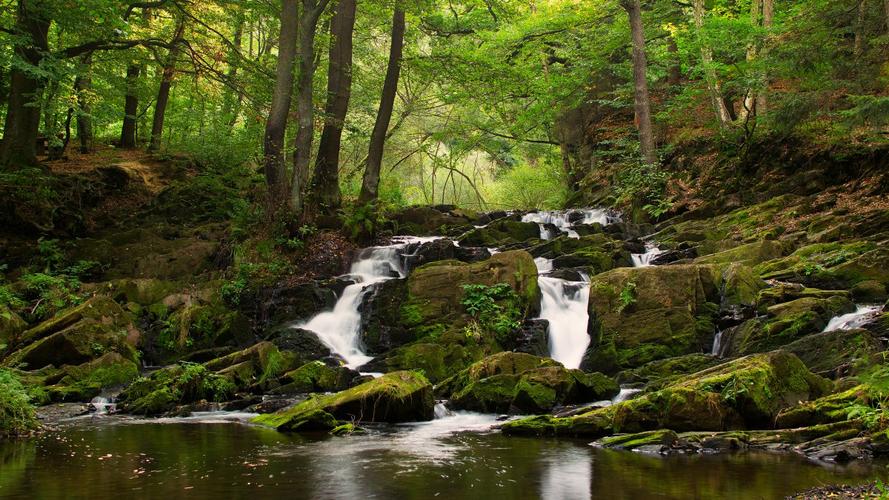Tourism has become an integral part of many local economies around the world. While the benefits of tourism are undeniable in terms of economic growth and job creation, it also has a significant impact on local culture.
One of the most prominent impacts of tourism on local culture is the commodification and commercialization of traditional cultural practices and artifacts. Tourists often expect to see “authentic” cultural experiences, which can lead to local communities altering or even creating new cultural practices solely for the purpose of attracting tourists. This not only distorts the original culture, but also perpetuates stereotypes and reinforces the notion that culture exists solely for the consumption and entertainment of outsiders.
Tourism can also result in cultural homogenization, as local cultures adapt to suit the preferences and expectations of tourists. This can lead to the loss of unique and diverse cultural expressions, as communities conform to a standardized version of their culture that is more palatable to tourists. As a result, cultural heritage and identity are eroded over time.
Furthermore, tourism can also disrupt the social fabric of local communities. The influx of tourists can put undue pressure on local resources and infrastructure, leading to tensions between tourists and locals over issues such as overcrowding and environmental degradation. This can create instability within communities, leading to cultural shifts as people adapt to meet the demands of tourism.
In light of these impacts, it is crucial that tourism be managed in a way that is sustainable and respectful of local cultures. This includes working with local communities to ensure that tourism benefits everyone involved, not just the tourism industry. It also means promoting cultural exchange and understanding, rather than cultural commodification.
Tourism has the potential to be a powerful force for both economic development and cultural preservation. However, it is up to us to ensure that it is managed in a way that benefits everyone, and that the richness and diversity of local cultures are not lost in the process.
(Note: Do you have knowledge or insights to share? Unlock new opportunities and expand your reach by joining our authors team. Click Registration to join us and share your expertise with our readers.)
Speech tips:
Please note that any statements involving politics will not be approved.
